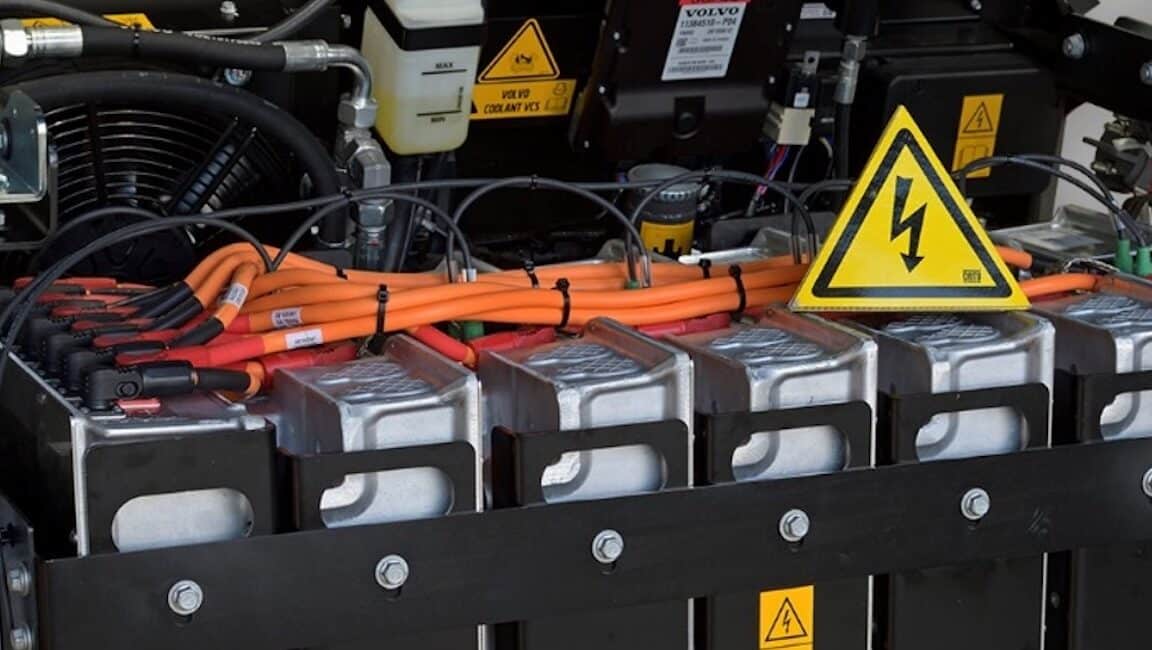As electric heavy equipment gains traction in the construction market, the need for servicing these machines will inevitably rise. While the demand for maintenance may not be immediate due to the reduced upkeep requirements of electric models compared to diesel ones, it’s essential to anticipate the shift.

Just as we’ve seen with the rise of electric vehicles (EVs) on roads, the servicing of electric construction equipment will follow suit. For businesses managing heavy equipment service departments, it’s crucial to start preparing technicians and facilities for the safe and effective servicing of electric machinery sooner rather than later.
Here’s how to get started:
- Establish Clear Roles: Identify key roles within your team responsible for handling electric equipment servicing. This includes designating individuals for overall electric responsibility, skilled technical roles, electric product management, and specific tasks related to service activities. Having clear role distinctions ensures safety and efficiency in your operation.
- Invest in Proper Tools: Equip your technicians, especially those designated for electric equipment servicing, with the necessary tools for safe and effective maintenance. These tools include insulated rubber mats, safety signs, electrical lockout kits, insulated gloves, and voltage testing equipment. Ensuring your technicians have the right tools minimizes risks and enhances productivity.
- Prioritize Safety: Maintain a safe work environment by implementing safety protocols and providing essential safety devices such as defibrillators and safety poles. Collaborate with local emergency services to conduct site inspections and ensure compliance with safety regulations. Safety should always be the top priority when servicing electric equipment.
By proactively preparing your business for electric construction equipment servicing, you position yourself for future opportunities and ensure the safety and efficiency of your operations. Embracing electric technology in the construction industry requires careful planning and adherence to safety standards, but the benefits of doing so are substantial in the long run.

